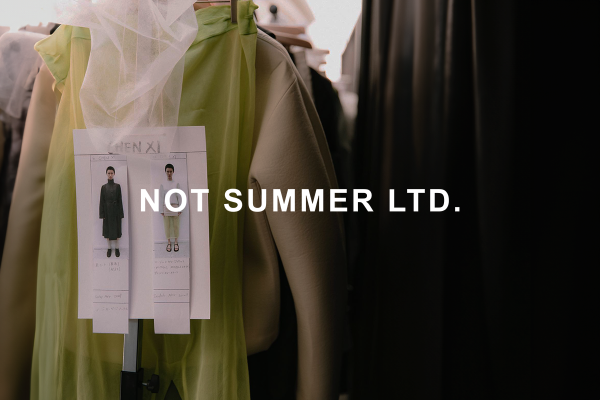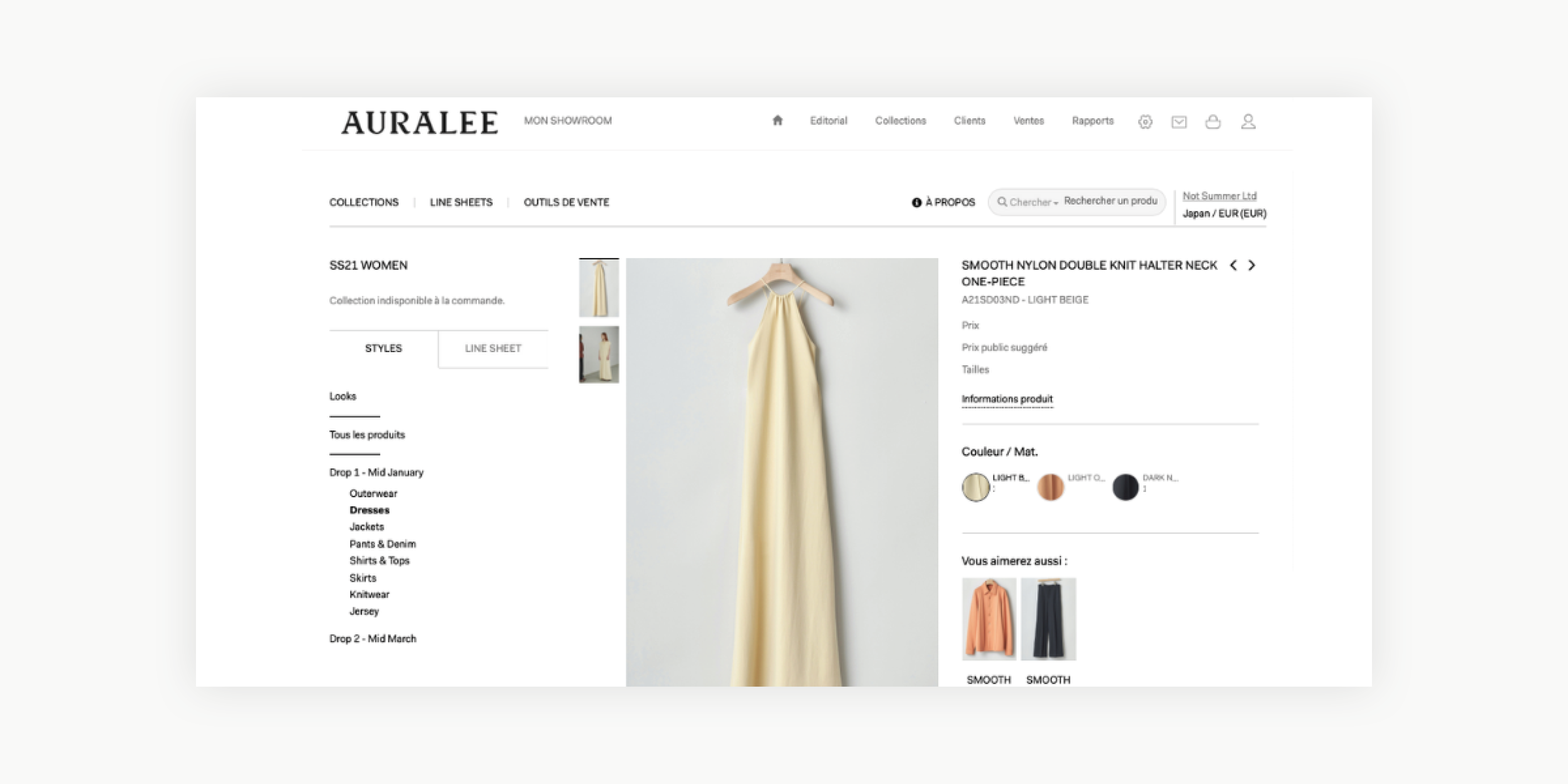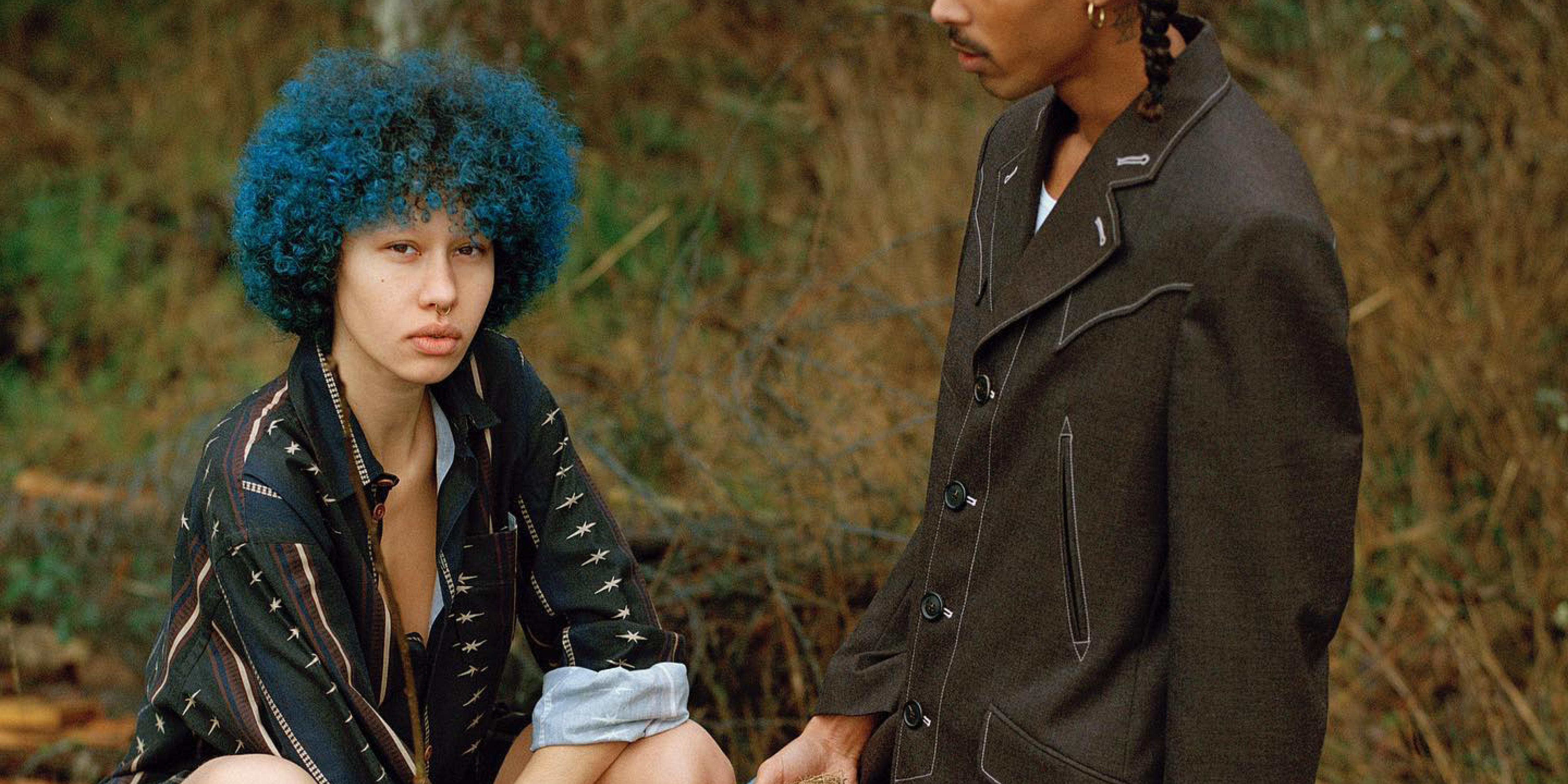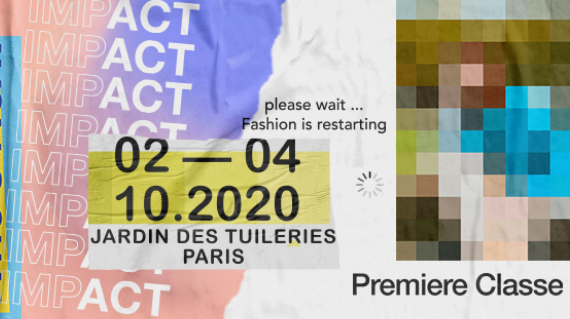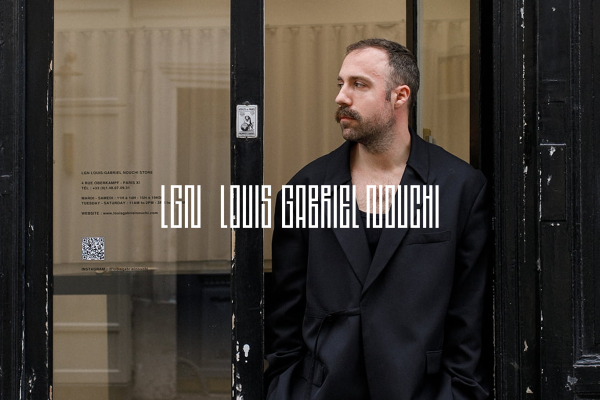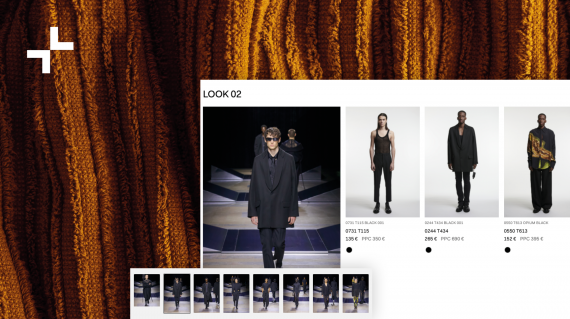26/10/2020
Industry
We met Philip Rouse, founder and director of Not Summer agency to learn more about his views on the industry and see how he uses LE NEW BLACK to improve his sales process and maximise results. Founded in January 2015 in London, Not Summer agency provides business development consultancy and wholesale management services for creative brands such as Auralee, GR10K, Phipps, Port Tanger among others. The agency uses LE NEW BLACK since June 2020.
LE NEW BLACK: First of all how are you after this very special sales campaign?
Philip Rouse: As a wholesale management provider, we are not exposed to the same level of risk that retailers and brands have to endure. We have been working hard since March to weather the storm and support our partners, though thankfully we haven't been adversely affected by the circumstances. There's a lot of uncertainty hanging over the industry of course, but we are lucky to be collaborating with creative, inspiring, and wholehearted people.
LNB: What were your expectations with LE NEW BLACK and your brands' needs during this very special SS21 campaign?
PR: As lockdown restrictions began across Europe, we knew June would have to pivot from physical to digital. I have personally used a number of competing platforms, and felt LE NEW BLACK was the best option this time around for the brands that wanted their own white-label experience. A lot of resources are typically invested in imagery or other experiential elements (look book, video, and so on), though the showroom (whether online or in Paris) is essential in enabling engagement and exchange.
"LE NEW BLACK not only looks great, it reduces friction and maximises opportunity"
LNB: Did digital tools change the way you collaborate with brands, with buyers?
PR: We had been using an appointment scheduling tool for some time, though this was the first season we utilised a bulk-mailer invite application as well (Paperless Post). Like with LE NEW BLACK, many of these tools provide detailed analytics that allow us to monitor what works and what doesn't. As an organisation, we became more focused on data, efficiency, and automation - all in the name of customer service. On a personal level, Zoom calls allowed for more in-depth conversations than we would have previously managed in Paris, and we are thinking of other ways to use Whatsapp or Instagram to keep up with everyone in between seasons.
LNB: What are the main changes you have seen these the last few months regarding the needs and habits of brands and buyers, and which are those that are here to stay?
PR: I don't know much about Mod culture, but I like the Peter Meaden line, "clean living under difficult circumstances", and I think the brands we represent each have their own take on this. Phipps is the most invested in responsibility from a sourcing and manufacturing standpoint, though I believe all our brands are intentional, conscientious, and committed to quality. Brands and buyers seem to be taking things that much more seriously, and becoming more considered practitioners. It does feel like the Dieter Rams principle, "less, but better", is here to stay; less travel, fewer shows, tighter collections.
LNB: What are the three innovating companies or people that you follow in the fashion industry that you think can answer major challenges our society is going through (environment, society, economy etc.), and that you would advise the actors of the industry to follow carefully?
PR: No individual or single company should have to bear the burden, that seems a bit biblical. Though women tend to be far better at fostering closeness, collaboration, and community than men, so I always advocate for more female stakeholders. Then greater diversity will surely imbue the industry with the authenticity it is lacking. I think the major players are starting to turn their attention to toxicity, whether it be reducing poisonous emissions, or addressing misguided communications. Hopefully they will turn things around for future generations.
Photo credits: Auralee, Phipps
